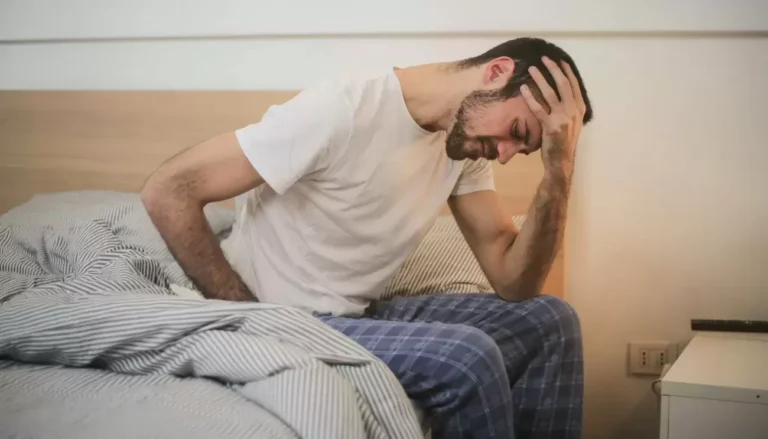Social media plays a big role in modern society, especially for young people—but it’s still pretty new. It’s one of the biggest differences about the way you’re growing up and the way your parents, teachers, and other adults in your life grew up. While you might not be able to imagine a world ever existing without social media, researchers are still learning about its impact on mental health.
Widespread social media use
Nearly all teenagers—94%—in developed countries use social media. In the United States, 95% of teens have access to a smartphone and 45% consider themselves to be online “almost constantly.” There are some good things that come from being well-connected to each other in the virtual world, but it can cause harm as well.
Pros
- Identity exploration. For many young people, especially those in more rural areas, social media can help them figure out who they are and learn from others like them.
- Connection. Especially during the COVID-19 pandemic, social media came to be an important way of staying connected to your friends and family who you couldn’t see in person and making new friends online to help combat loneliness.
- Learning new things. You can’t find new interests and things you love if you don’t know they exist. Social media is a great way to stumble upon new hobbies, interests, trends, tutorials, books—the list goes on.
- Taking action. A lot of times, the issues the world is facing can seem too big and make you feel helpless, but social media can connect you to others for social change and help you make a difference through broader campaigns.
Cons
- FOMO (Fear Of Missing Out). Social media lets you stay tuned in to what others are doing at all times, which can lead to feeling left out if you aren’t invited or just can’t make the plans.
- Comparison. The things you see on social media may make you feel like your life is boring compared to others; you may find yourself comparing your body to photos of others (beware of filters and photoshop!); or you may judge how many likes/comments your posts get compared to other people.
- Cyberbullying and harassment. It is easier to be mean to people from behind a screen, so internet trolls and online bullying from people you know can take place.
- Information overload. The news or the general state of the world might make you feel down, but it can be hard to give yourself space when things are constantly in your news feed, and you feel like you can’t stop looking. On top of that, it can be hard to know which sources to trust.
- Unsafe people. Sometimes you don’t know if the person you’re talking to is really who they say they are. People may interact through completely fake profiles (catfishing), and others might lie about their reasons for interacting with you.
What does unhealthy social media use look like?
While there are definite benefits to being active on social media, it’s important not to go overboard. Social media platforms are designed to suck you in—getting likes and comments triggers the reward system in your brain, keeping you craving more.
If you are doing any of the following or notice yourself falling into these habits, it’s probably time to address how social media is impacting you:
- Checking social media as soon as you wake up
- Mindlessly scrolling through your feed longer than you planned to
- Constantly updating your followers (photos of every meal, every activity you do)
- Anxiously checking for likes and comments
- Scrolling social media often while spending in-person time with others
- Comparing yourself excessively to others based on what they share
Tips for a healthier relationship with social media
Reduce your use. It’s easy to not realize how much time you’re spending on social media each day or to get sucked into endless scrolling until all of a sudden hours have gone by. Many phones have settings where you can view your screen time and put a limit on your app usage (your phone will notify you once you’ve hit your allotted time). You can choose to override it, but it’s a great step in becoming more aware of your use.
Unfollow or mute people whose content you don’t want to see. Your social media feeds can be whatever you want them to be – and there’s no reason for them to be full of posts that make you angry, sad, anxious, or have other negative feelings. Even if someone’s posts don’t bother you but just seeing their name triggers a negative reaction, take them off your feed. Muting is a great option if you’re worried about them knowing you unfollowed them.
Limit how many news sources you follow. It’s important to stay informed, but the human brain wasn’t meant to take in as much scary and bad news as most of us do these days. Instead of filling your feed with news, intentionally seek out information when you want it – and make sure it’s coming from well-researched sources. This way you’ll know you’re prepared and in the mindset to consume news instead of having it pop up when you open Instagram for a brain break.
Work on your mindset. We’re all bound to see things we don’t want to see on social media – friends hanging out without you, a cute couple when you’re feeling lonely, or photo after photo of seemingly perfect influencers. This can put negative thoughts in your head that you can’t seem to get out. Try out our tool to help overcome them.
If you or someone you know is struggling or in crisis, help is available. Call 988 or chat 988lifeline.org. You can also reach Crisis Text Line by texting MHA to 741741.

